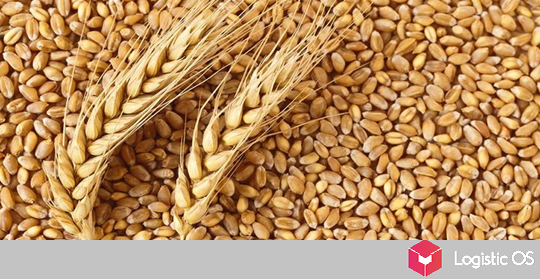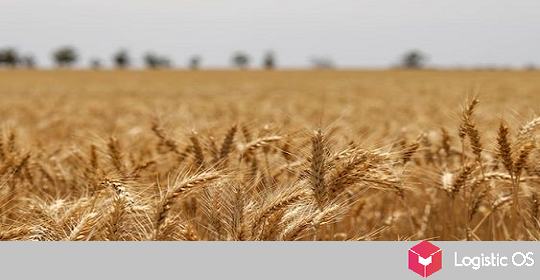British scientists have calculated that greenhouse gas emissions from the use of fertilizers exceed those from aviation and shipping.
Researchers from the University of Cambridge found that the use of fertilizers releases an additional 2.6 gigatonnes of carbon dioxide into the atmosphere each year.
It was known that these emissions are very large, it was before, but now for the first time it was possible to establish exactly what volumes we are talking about.
In particular, greenhouse emissions from the use of fertilizers can account for up to 5% of the total emissions of such gases, and this is more than a significant amount, which, according to scientists, can significantly affect the climate.
Can fertilizer emissions be reduced?
According to researchers from Cambridge, this is quite possible, moreover, it is necessary.
Theoretically, nothing stands in the way of reducing fertilizer emissions by at least 20% by 2050, and if more efforts are made, then by all 80%.
Of course, the situation is complicated by the fact that fertilizers are urgently needed to produce food in the required volumes.
Today, almost half of the people on the planet eat food produced using mineral fertilizers. In addition, by 2050, the world’s population is expected to increase by another 20%.
Therefore, it is very important to find a balance and not cause hunger in the fight against climate change. However, this is possible if everything is done consistently and competently.
How to reduce fertilizer emissions?
Of course, you need to start with production. Like all other products, fertilizers are often produced using «dirty» fuels to power processes.
This is the first step towards achieving the desired goal.
At the same time, fertilizers differ from other products precisely in that the bulk of greenhouse gas emissions from them do not occur when they are produced, but later, when fertilizers hit the fields.
And here, too, there are possible ways to reduce emissions:
— Reduce the application of fertilizers to the fields, often it is very excessive due to the fact that suboptimal calculations or methods of application are used, as a result, a large amount of the substance is simply washed out of the fields.
— Use special chemical additives — nitrification inhibitors, which reduce the formation of nitrous oxide — one of the main greenhouse gases. At the same time, fertilizers with such reagents may be more expensive than conventional ones.
— Replace urea with ammonium nitrate, which also gives less harmful emissions.
As scientists note, all this requires complex measures — technological, industrial, political, but in the end it can significantly slow down the process of climate change.

